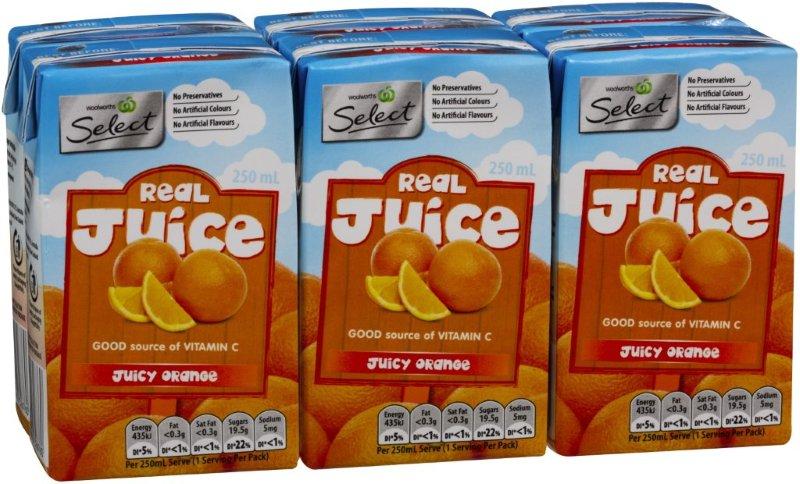Woolworths has confirmed it will phase out its ‘Select’ private label brand, which currently covers both food and non-food products, replacing it with what the supermarket giant describes as a “food-focused” label.
The new eponymous label will reportedly cover more than 2000 products and will roll out over the next two years, with the introduction of the bulk of the new range to take place in the coming financial year (16/17).
It is not yet known when new Woolworths branded products will roll out to the company’s P&C outlets and Woolworths Metro stores.
“The Woolworths label will allow us to offer our customers fresh produce and food products that are more consistent in their promise and delivery. On price we will offer our customers greater value, which will see the Woolworths label being more competitive in the marketplace than Select,” a Woolworths spokesman told C&I Week said.
The announcement comes just a few months after Woolworths announced it would rebrand its ‘Homebrand’ range to ‘Woolworths Essentials’.
“Historically, the range of private label products, which are often cheaper than branded merchandise, has allowed consumers to enjoy gourmet and discretionary items without paying significantly more. The rapid introduction of new private label products has resulted in drastically increasing competition within the private label space.”
IBISWorld found parallels with supermarkets in the United Kingdom that has sought to reduce the number of products available in each category to make shoppers’ experience less confusing. In 2015, UK-based Tesco announced its intention to significantly reduce the number of lines in each category.
“At present, between 20 per cent and 25 per cent of supermarket shelf space at the two major Australian supermarkets is dedicated to private labels. The share of total sales for private labels is expected to approach 35 per cent by 2020-21, as supermarkets offer more private label products, but under fewer private label brands,” Ms Tonkin said.
Both Woolworths and Coles have focused less on profit margins and more on market share in recent years, a strategy that has hurt Woolworths’ profitability. Increasing private label sales has enabled Coles to post profit growth over most of the past five year period. Aldi has also enjoyed profit growth over the period.
“This has lifted the industry’s average profit margin over the past five years,” added Ms Tonkin.
“While the popularity of private labels continues to grow, there has been some concern about private label eggs and dairy products, most notably milk in recent weeks. Concerns centre on the treatment of animals and the price being paid to the farmer.”

